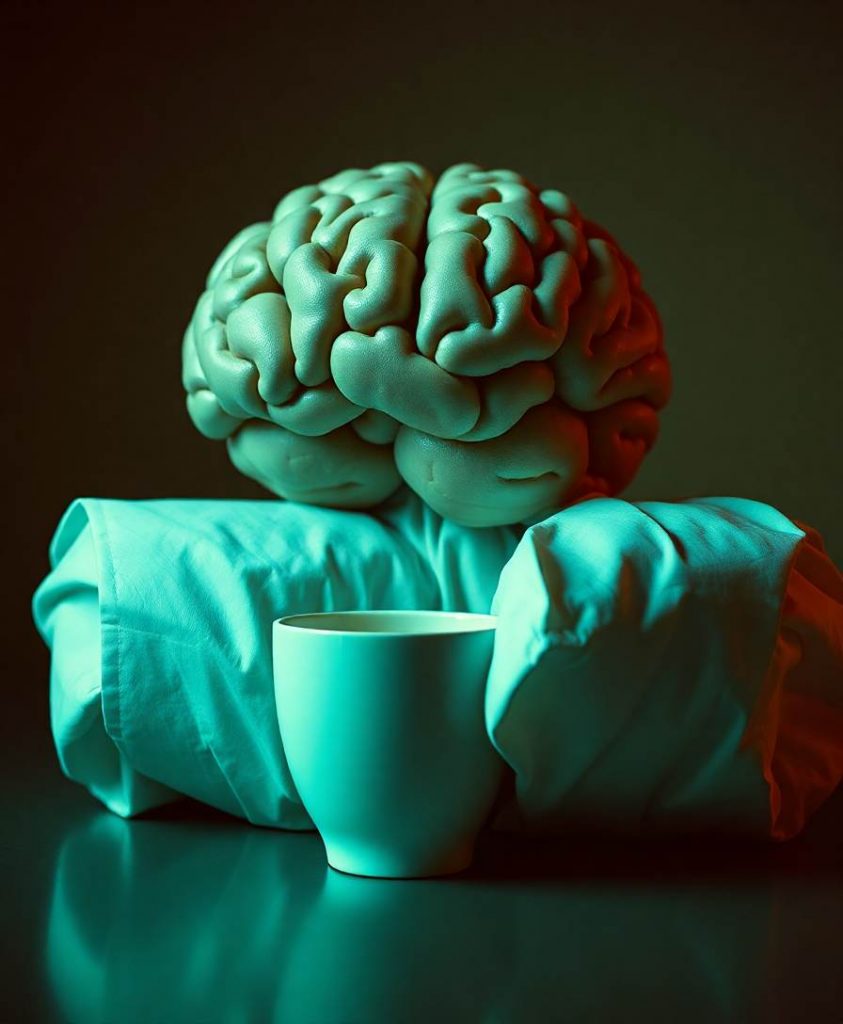Imagine walking through your kitchen, the warm aroma of cinnamon filling the air. It’s comforting, familiar—a reminder of home, of mornings spent baking or a simple cup of tea. But beneath that cozy scent, there’s a quiet story unfolding: how this ancient spice might be nudging at the way your body processes medicines. If you’re someone who relies on prescription drugs, paying attention to how cinnamon interacts with your system could be more important than you think.
Spices like cinnamon have been woven into human history for thousands of years, celebrated for their flavor and health benefits. But as we seek natural remedies and add more herbs and spices to our diets, it’s worth understanding that some compounds in these foods can influence our body’s chemistry—particularly how we metabolize medications. This is a subtle, often overlooked aspect of health that can make a big difference in how effective your prescriptions are, or how likely you are to experience side effects.
How cinnamon might influence your body’s medication processing
Recent research suggests that a specific compound in cinnamon could interfere with the way some drugs are broken down in our bodies. Our liver, the body’s primary detox and processing center, uses certain enzymes to metabolize medicines. If a food or spice affects these enzymes, it can alter drug levels—either diminishing their effectiveness or increasing the risk of side effects.
For example, if you take medications for blood sugar, blood pressure, or even certain mental health conditions, understanding how cinnamon interacts with those drugs is crucial. While cinnamon is generally considered safe and beneficial in many contexts, this new discovery highlights the importance of being mindful of how what we eat can subtly influence our health outcomes. It’s a reminder that “natural” does not always mean “risk-free”—especially when combined with prescription medicines.
Listening to your body’s signals when combining spices and medications
If you’re someone who enjoys adding cinnamon to your meals or drinks regularly, pay close attention to how your body responds, especially if you’re on medication. Do you notice any unusual changes in how you feel? Are your medications seeming less effective, or are you experiencing new side effects? These could be signals that your body’s drug metabolism is being affected.
It’s natural to wonder, “Should I stop eating cinnamon altogether?” Not necessarily. Instead, consider discussing your diet and supplement intake with your healthcare provider. Being transparent about your use of spices, herbs, or supplements helps your provider tailor your treatment plan and monitor for potential interactions.

Empowering yourself with knowledge about food and drug interactions
Diet plays a powerful role in health—not just through what we eat, but how it influences our body’s processing of medications. As science uncovers more about compounds in everyday foods like cinnamon, it becomes clear that managing our health involves a delicate balance. We don’t need to overhaul our diets, but awareness is key.
Next time you sprinkle cinnamon on your oatmeal or stir it into your tea, remember that this familiar spice might be doing more than just flavoring your food. It could be subtly influencing how your body handles medications—either helping or hindering their work. Staying informed and talking openly with your healthcare team is your best step toward a balanced, mindful approach to health and well-being.
Learn More: Cinnamon could affect drug metabolism in the body
Abstract: Cinnamon is one of the oldest and most commonly used spices in the world, but a new study indicates a compound in it could interfere with some prescription medications.
Link: Read Full Article (External Site)



